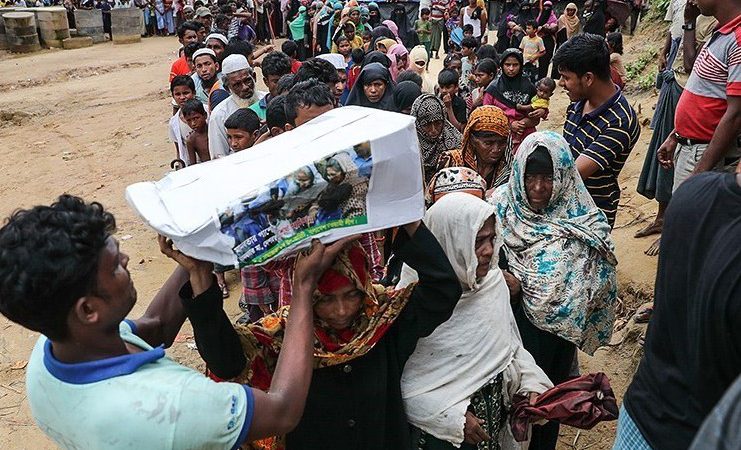Blockchain Technology to be Used to Give IDs to Rohingya Refugees
Blockchain technology has taken off since the launch of Bitcoin 9 years ago. Blockchain is a digitized, decentralized, public ledger technology that makes cryptocurrencies like Bitcoin possible. It serves as a record by accepting inputs of information from many different computers, and only changing information when there is a consensus among all parties involved. This makes it an extremely secure system for containing information, as there is no central authority or database that can be hacked or manipulated.
Blockchain is useful for far more than cryptocurrency. The Rohingya Project is seeking to provide digital identity cards to Rohingya refugees who have fled persecution in Myanmar. Without proper identification, it can be difficult for individuals to access or obtain basic services such as healthcare and banking. For refugees who are often moving across borders and between countries, this digital ID will serve as a permanent record free from intrusion by governmental officials or other groups targeting the minority.
Blockchain technology has already been used by the governments of Estonia, Georgia, and Sweden, and Honduras has recently considered using the record-keeping service to log land titles. By reducing burdensome filing costs, reducing paperwork hours, and eliminating the ability for corrupt governments or actors to interfere with rights, blockchain has the potential to enhance the securement and protection of property rights well into the future.
Photo Credit: Tasnin News Agency

